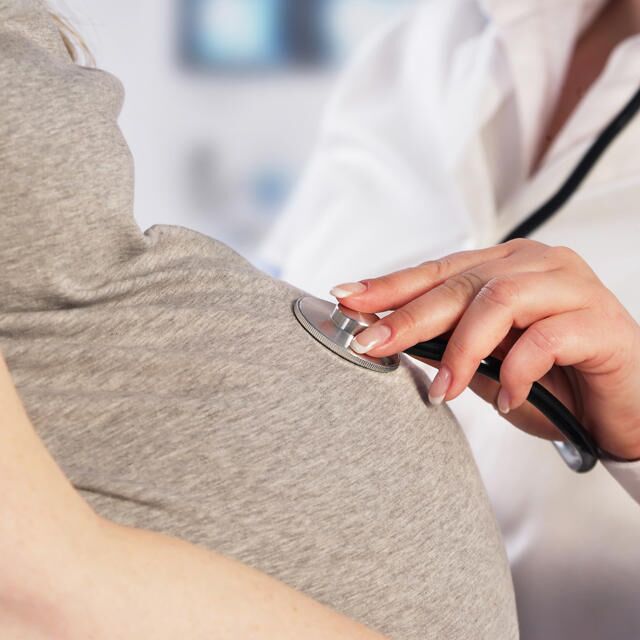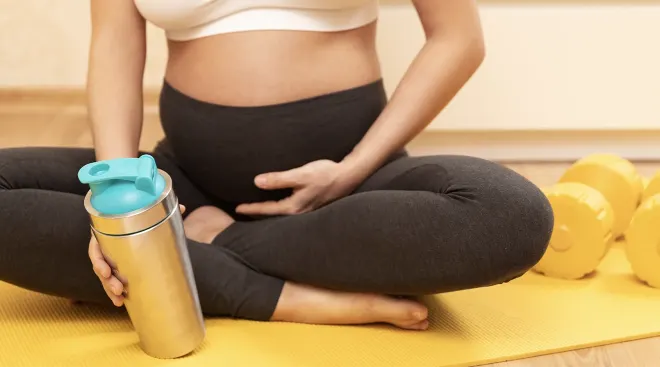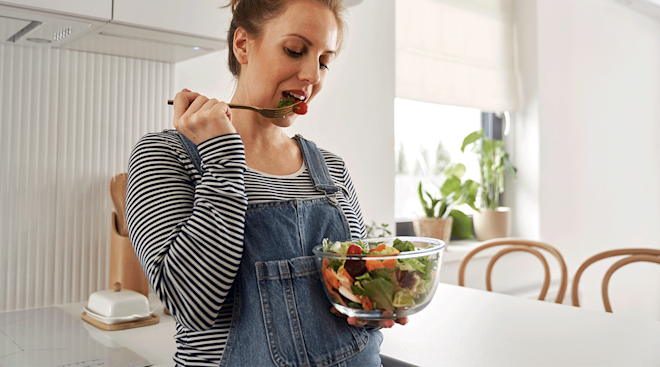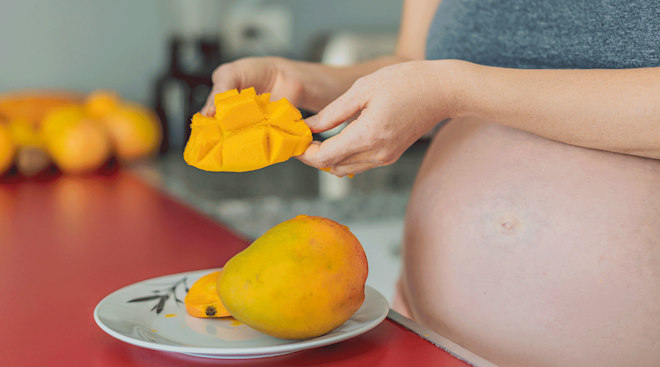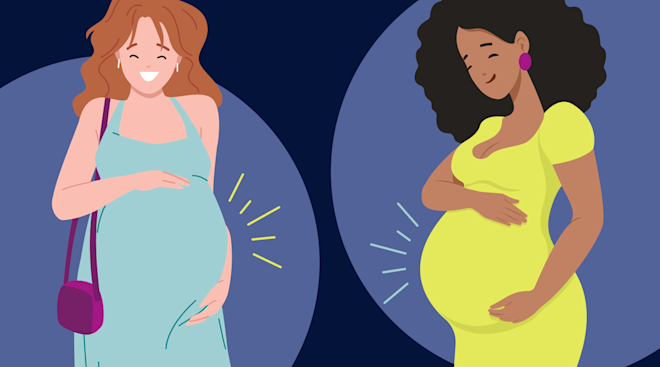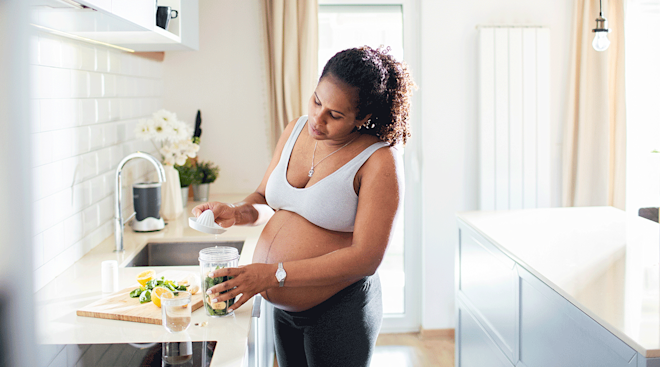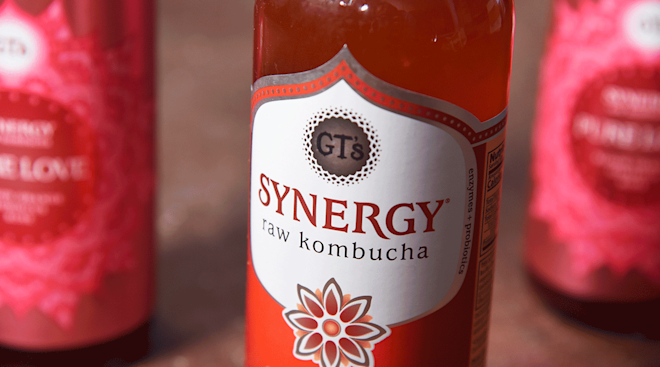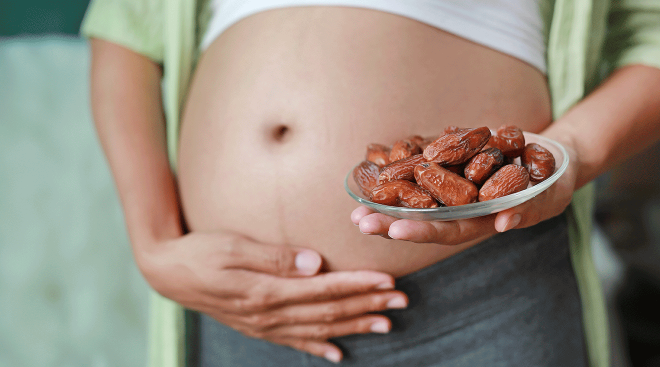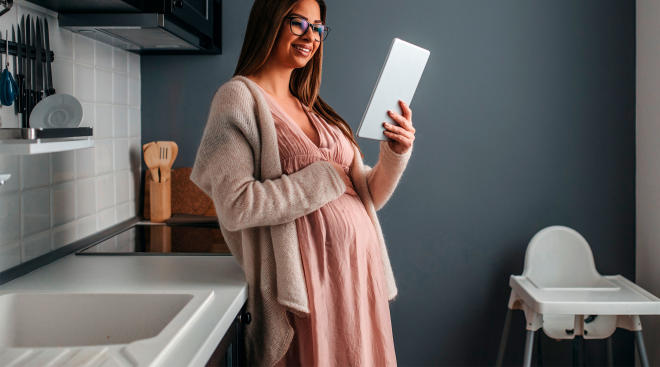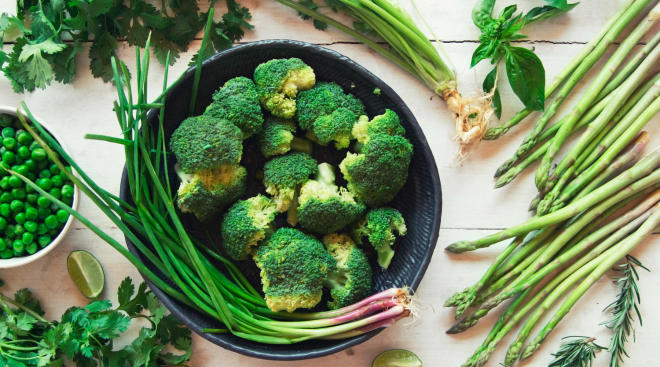Why Pregnant Women Need More Iron: Study
From puberty onward, many women struggle to get enough iron. And pregnancy makes it even harder; your body requires nearly three times the daily recommendation, jumping from 10 milligrams to 27 milligrams. Unsurprisingly, more than a third of pregnant women aren’t meeting this guideline.
That’s the takeaway from a new study out of Saint-Pierre University Hospital (ULB) in Brussels, published last week in the European Journal of Endocrinology. After following 1,900 pregnant women through their first trimester, researchers were able to measure their blood ferritin levels, determining 35 percent were iron deficient. Why is this a problem? Iron facilitates red blood cell production, helping the fetus and placenta develop properly.
“Considering that our study took place in a relatively wealthy country, our results show that even in 2016 iron deficiency remains an important problem,” lead author Kris Poppe, MD, says. "Women should be checked for iron deficiency during pregnancy, and ideally before too. Iron supplements should be given out to decrease a number of established pregnancy complications.”
Those other complications often include thyroid problems. Pregnant women need to produce enough thyroid hormone for their babies’ brains to fully develop, and iron is crucial to proper thyroid function. Researchers measured three different markers of thyroid health, determining 10 percent of women in the iron-deficient group suffered from thyroid autoimmunity, which can—worst case scenario—lead to preterm birth or miscarriage. Comparatively, 6 percent of the women in the non-deficient group had thyroid autoimmunity.
The best thing you can do to combat iron deficiency is work iron directly into your diet.
“Typical prenatal multivitamins often contain calcium and magnesium, which inhibit the absorption of the iron you actually need,” Kelly Kasper, MD, an ob-gyn at Indiana University Health, tells The Bump. "Pregnancy increases your volume of blood, and very few women have sufficient iron stores (or iron-rich diets) to meet this new demand.”
Eating iron-rich foods like lean red meat, tofu, lentils, beans and spinach is a good start. Your OB may also recommend taking an iron supplement if you need an extra boost.
Please note: The Bump and the materials and information it contains are not intended to, and do not constitute, medical or other health advice or diagnosis and should not be used as such. You should always consult with a qualified physician or health professional about your specific circumstances.
Navigate forward to interact with the calendar and select a date. Press the question mark key to get the keyboard shortcuts for changing dates.
































